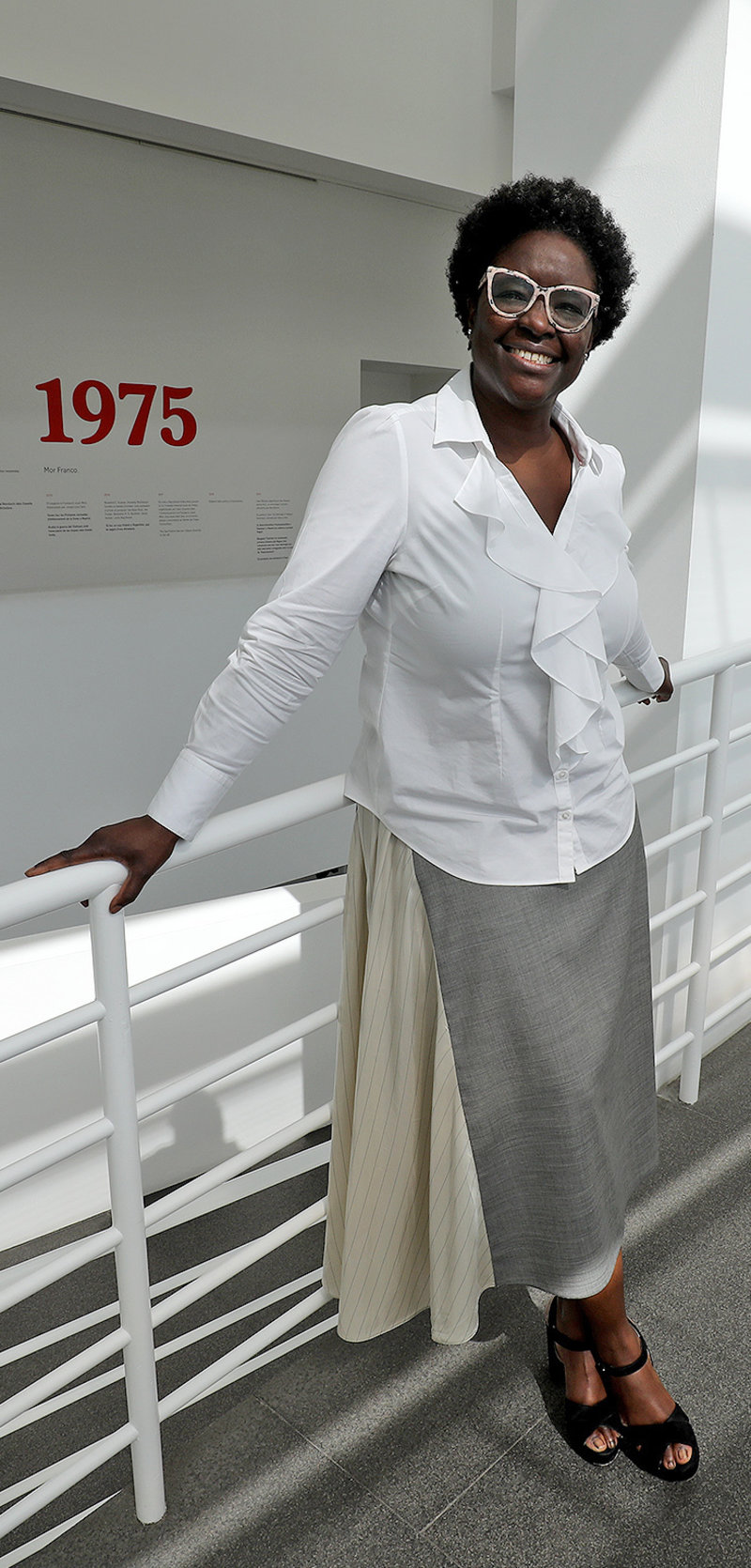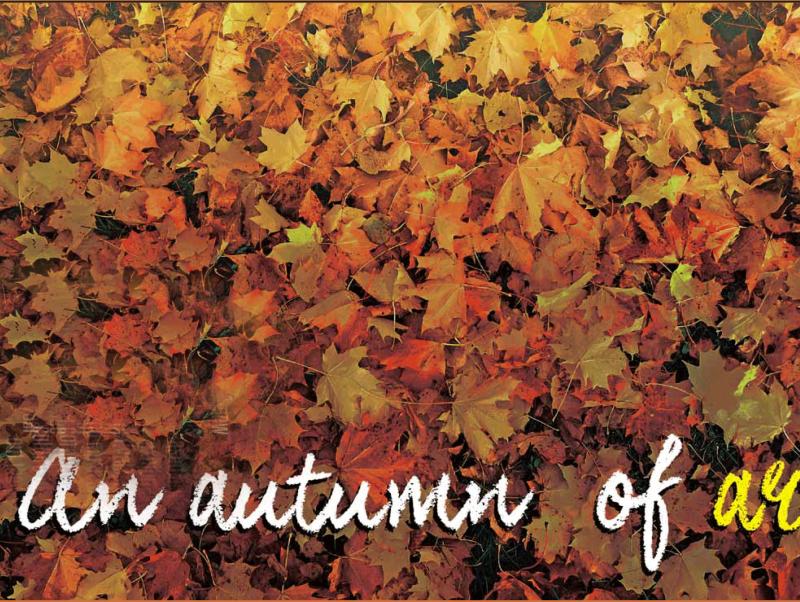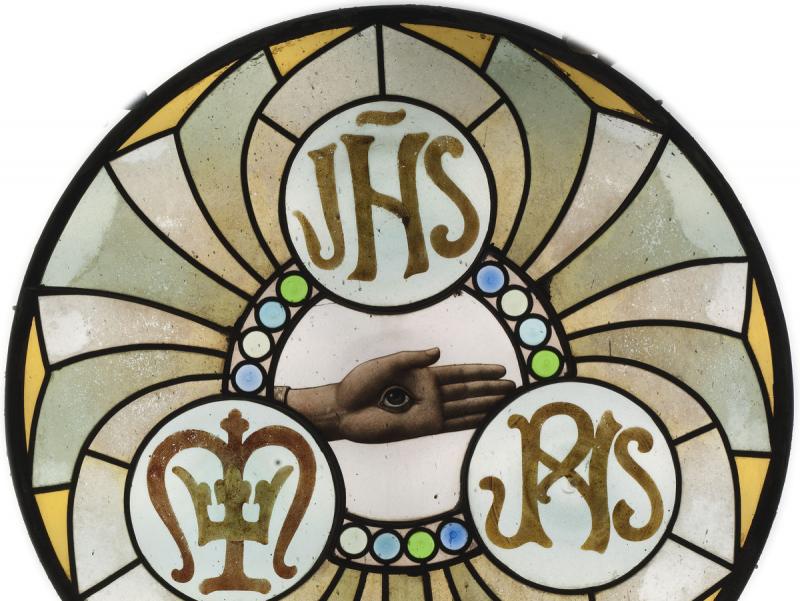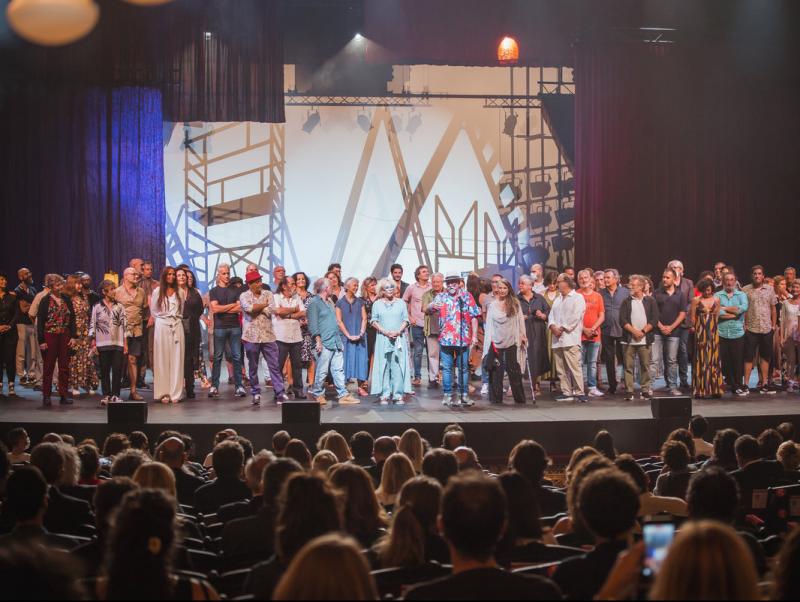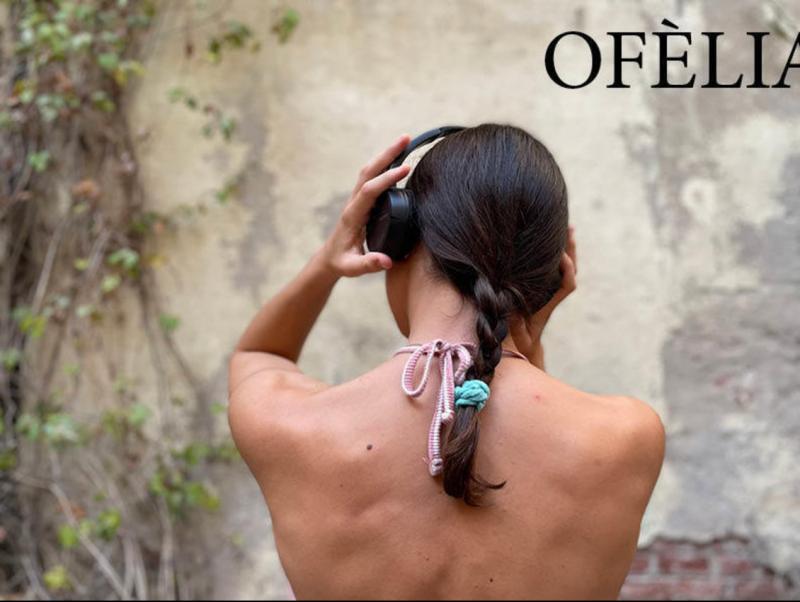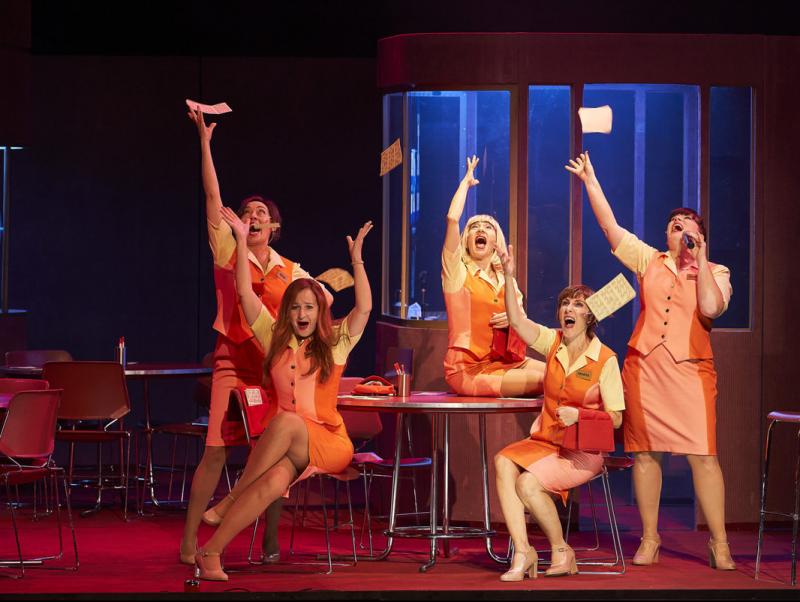Features
Elvira Dyangani Ose. maria palau. mpalau@elpuntavui.cat
“I want a more human Macba”
“We’ll try to do whatever it takes to be able to implement my project” “OUR VISITORS HAVE TO BE ABLE TO SPEND ALL THE HOURS THEY FEEL LIKE INSIDE THE MUSEUM”
“The Macba needs to become more transgenerational, with more young artists involved” “WE NEED SUBTLE NOT GROUNDBREAKING CHANGES; I’M NOT A FAN OF GRANDILOQUENT GESTURES”
I haven’t spoken Catalan for 20 years, you’ll have to forgive me,“ she apologises. Yet there is no need for her to apologise at all, as she speaks perfect Catalan throughout the whole interview. Elvira Dyangani Ose (Cordoba, 1974) lived and trained in Barcelona, the city that has now welcomed her back with open arms as the new director of the Barcelona Museum of Contemporary Art, the Macba, a gallery that has been somewhat directionless for some time. Dyangani has already returned enthusiasm to the museum, which is a great start, but there also remains plenty to do.
On the day you were unveiled as the new director in July, you amazed everyone with a single sentence: “We’re going to fly,” you declared. Now that you’re installed in the post, tell us what you meant exactly.
I meant that if we don’t set any limits, we will be able to take the museum elsewhere. What I actually said was: “We’re going to fly, if you let us.” In other words, we must believe that a different Macba is possible.
I think you also said: “Let me work.” Who was this addressed to? To politicians?
To everyone, including politicians. When I told them to let me work, I was referring not just to myself, but to the entire team.
What is this other Macba that you aspire to make?
A gallery that is permeable to both the social reality that surrounds it and to the artistic ecosystem of which it is part: this multiplicity of voices needs to be heard. It also needs to be transgenerational, with more young artists involved. And we need to go back to the vision of a more curious and investigative museum, which marked the Macba at the beginning.
Will this involve making radical changes?
They will be radical because they are changes that have never been made, but they won’t necessarily groundbreaking. Rather they will be subtle changes, as I’m not a big fan of grandiloquent gestures. I like to change things in a progressive, organic way, paying attention to the ordinary, day-to-day details. For example, I want to make a more human museum, and that starts with the relationship with the team. Even the visitors are part of the team.
Before your arrival, the firing by fax of the chief conservator, Tanya Barson, and the head of public programmes, Pablo Martínez, raised questions about the sensitivity of the museum towards its employees.
As I said at my presentation, that did not seem to me to be good manners and I think it could have been handled differently.
Would you have given them a chance to see if they fitted in or not with your project?
Yes. It happened to me at one institution, where I was told I had to fire someone. I answered: “First I have to see whether it can work or not.” The general council of the Macba approved the staffing before I arrived and it would have been great to be able to do it together. From now on we will. We’ll try to do whatever it takes to be able to implement my project. It doesn’t scare me at all.
Are you scared of the gallery’s history of controversy and crisis?
The Cameroonian political scientist Achille Mbembe says there is a way of being black in the world. A very dynamic way, open to constant change, which is based on the knowledge of the violence inflicted on the black community. Crises make you vulnerable and strong at the same time. We need to change the idea of a museum as colonial heritage, as a place of certainties. What we need are museums of uncertainty. The museum can be wrong, too, and that is a virtue. To be human means just that.
The artistic community of the city has always, but especially lately, felt despised by the Macba. You said that you want to bring it closer. How?
Resuming dialogue. In a few days, on October 20, we will open the first exhibition of the new Panorama cycle. It’s a fantastic show and it can grow much more, and it doesn’t always have to have an exhibition format. But it must have a transgenerational and inclusive vision. Why not see what could come out of a conversation between Glòria Picazo and Anna Manubens, who belong to different generations? Or we can search for a writer or a poet to help us develop things. And we have to find time to talk about the precarious conditions people in culture are working under. I imagine a more political platform, to act as a lobby. Panorama needs to be a tool of self-reflection, not just for our museum, but for the whole contemporary scene. Macba is one more character of this scene.
After a quarter of a century, the Macba is being led by a woman. And a black one at that. You must have had to make a double or triple effort to get here. It’s hard to even imagine it.
Yes, and we should welcome it! Things arrive when it’s time for them to arrive. I have pursued the things I want with determination, but without ambition. Society needs to open to these changes and they should not come as a surprise, but be taken as normal. And what matters most is that this happens not just because we’re women, but because we’re intelligent women who have done all the work it takes to get here. In addition we must start talking differently about the people who are in positions of power. Here at the Macba, 90% of my teammates are women, and these women have done the work just as well as the men who have run this place in the past. I want to show Macba’s most feminine face, its most human face, the one that will help us break the elitist image that people still have about museums.
It is about much more than just making sure there are women artists in the exhibitions.
It goes much further. It’s about a social model, participation, co-responsibility, co-production. It goes to the root of what we understand by power. The institutional model of a personalised agenda, from a vision very focused on particular interests, has to come to an end. In the same way that the museum must challenge this kind of life we are living, in which everything has to happen at an amazing speed. Visitors have to be able to spend the hours they feel like inside the museum. But for that, they need a warm welcome, to make them feel as if they are at home. You need to cultivate this proprietary feeling, the feeling of belonging, in a museum. In this regard, I’ve proposed making access to parts of the permanent collection free. The extension in the building that will be built in the square must help to make this democratisation possible.
What’s left of that Barcelona of the nineties than you used to know?
Ask me this question after a year; I’ve only just arrived! But hey, there are, let’s say, a few ghosts left around, although I don’t know if you can say that [she laughs]. There is a part of that more radical, more rebellious, Barcelona, which has become a bit...
Bourgeois?
Maybe. But the countercultural Barcelona still exists; it’s always present. And it’s fundamental that it be there for us. This is the cornerstone of the project I want to carry out. The Macba should always be attentive to giving impetus to this independent spirit. And for that, it needs to be strong internationally.
And is it?
The Macba is widely recognised internationally. Since I arrived, I haven’t stopped receiving collaboration proposals from institutions abroad of real prestige. There are a lot of expectation that we can do things together. It’s something that we will see happening.
interview ART
Related news
Leave a comment
Sign in.
Sign in if you are already a verified reader.
I want to become verified reader.
To leave comments on the website you must be a verified reader.
Note: To leave comments on the website you must be a verified reader and accept the conditions of use.

